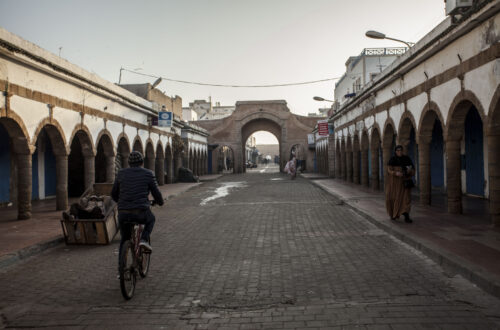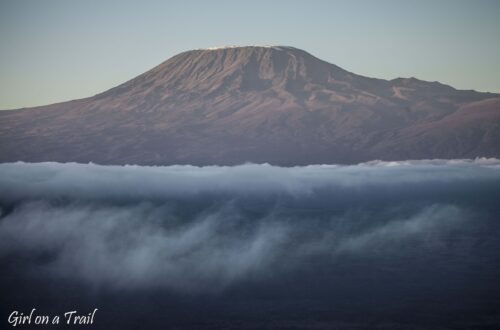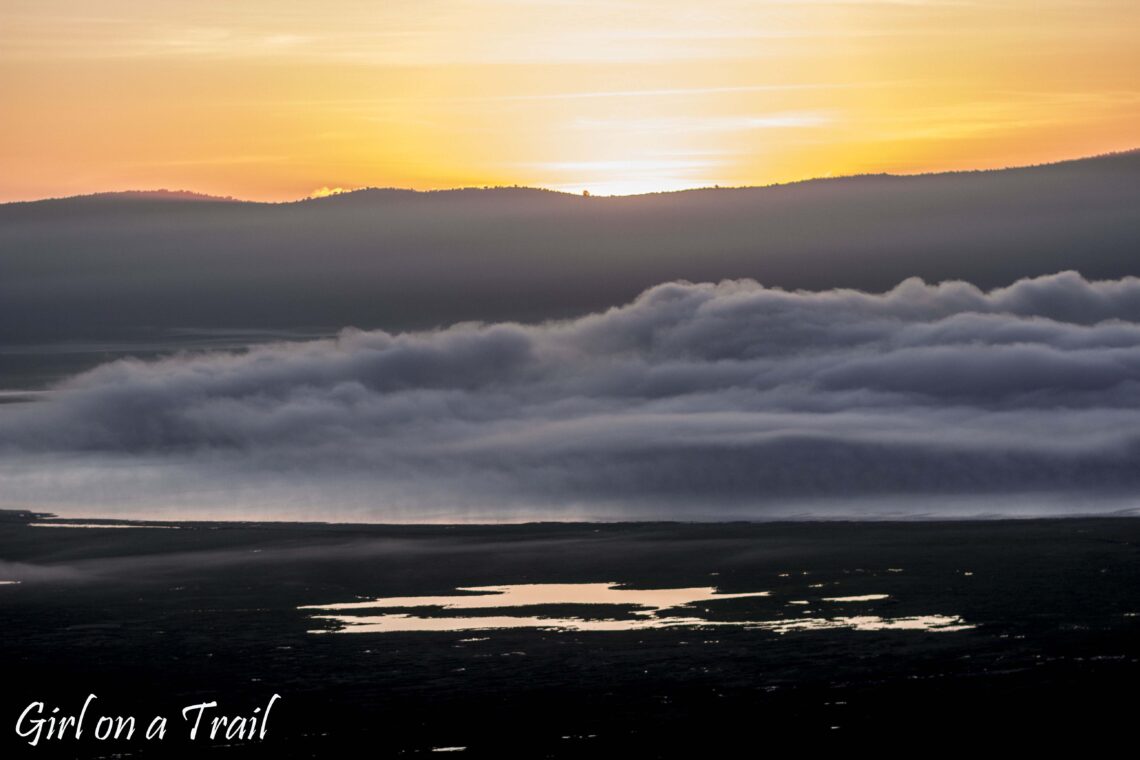
Ngorongoro – the Seventh Natural Wonder of Africa
Ngorongoro is called one of the Seven Natural Wonders of Africa, which also includes Mount Kilimajaro located in Tanzania and the Great Migration of Animals in the Serengeti. Ngorongoro is located between Serengeti National Park and the Lake Manyara. The name of the reserve was given by the Maasai and comes from the characteristic sound of the bell hanging around the cow’s neck.
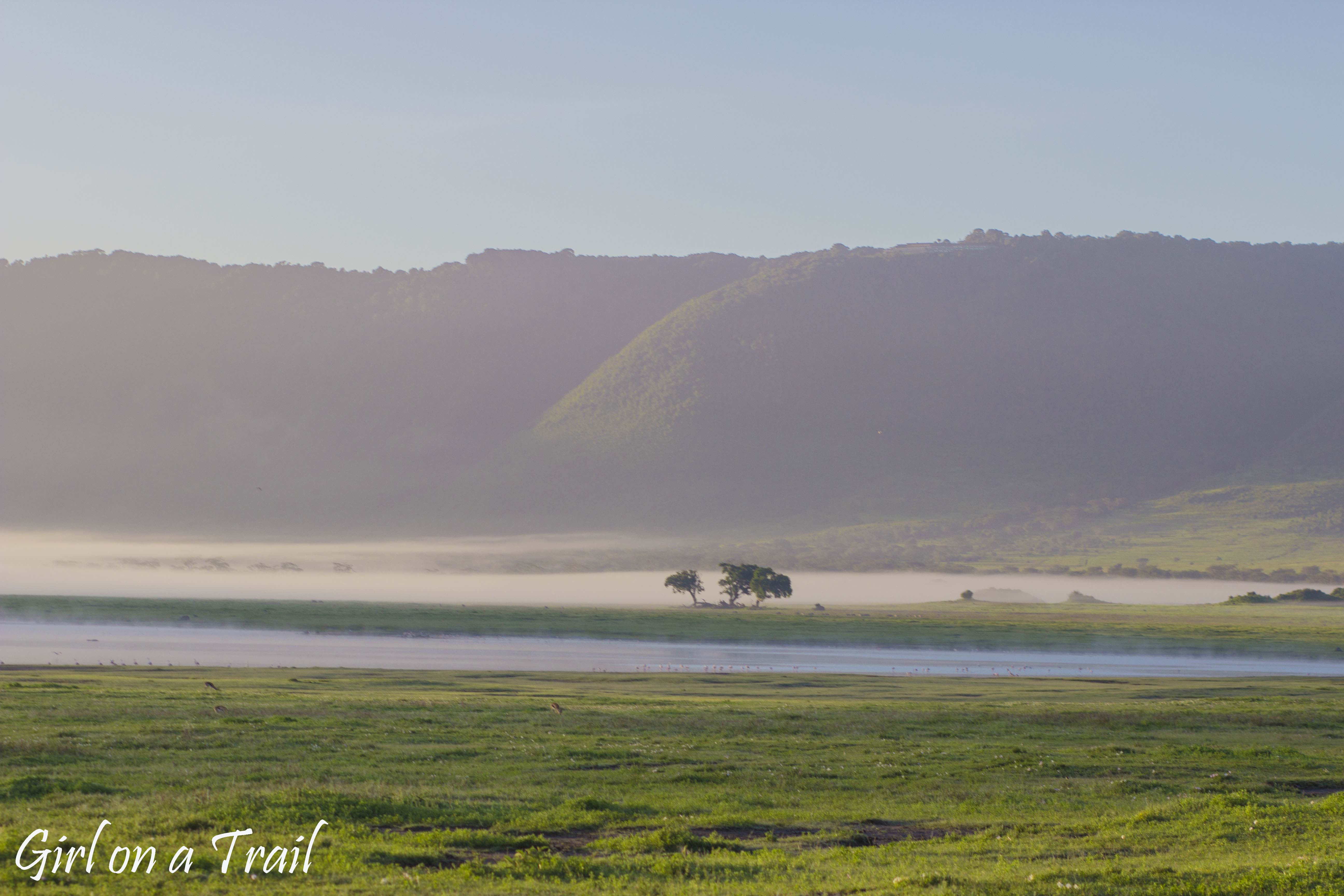
Ngorongoro is said to be the largest caldera in the world. It was created as a result of the collapse of a volcanic cone with a diameter of about 20 km. This occurred between 2.5 and 3 million years ago, depending on the source. The crater’s depth reaches 610 meters and its area is approximately 260 km2. You can see here the so-called The Big Five, which includes: rhinoceros, elephant, lion, leopard and buffalo. Ngorongoro is also inhabited by numerous zebras, wildebeests and buffalos.
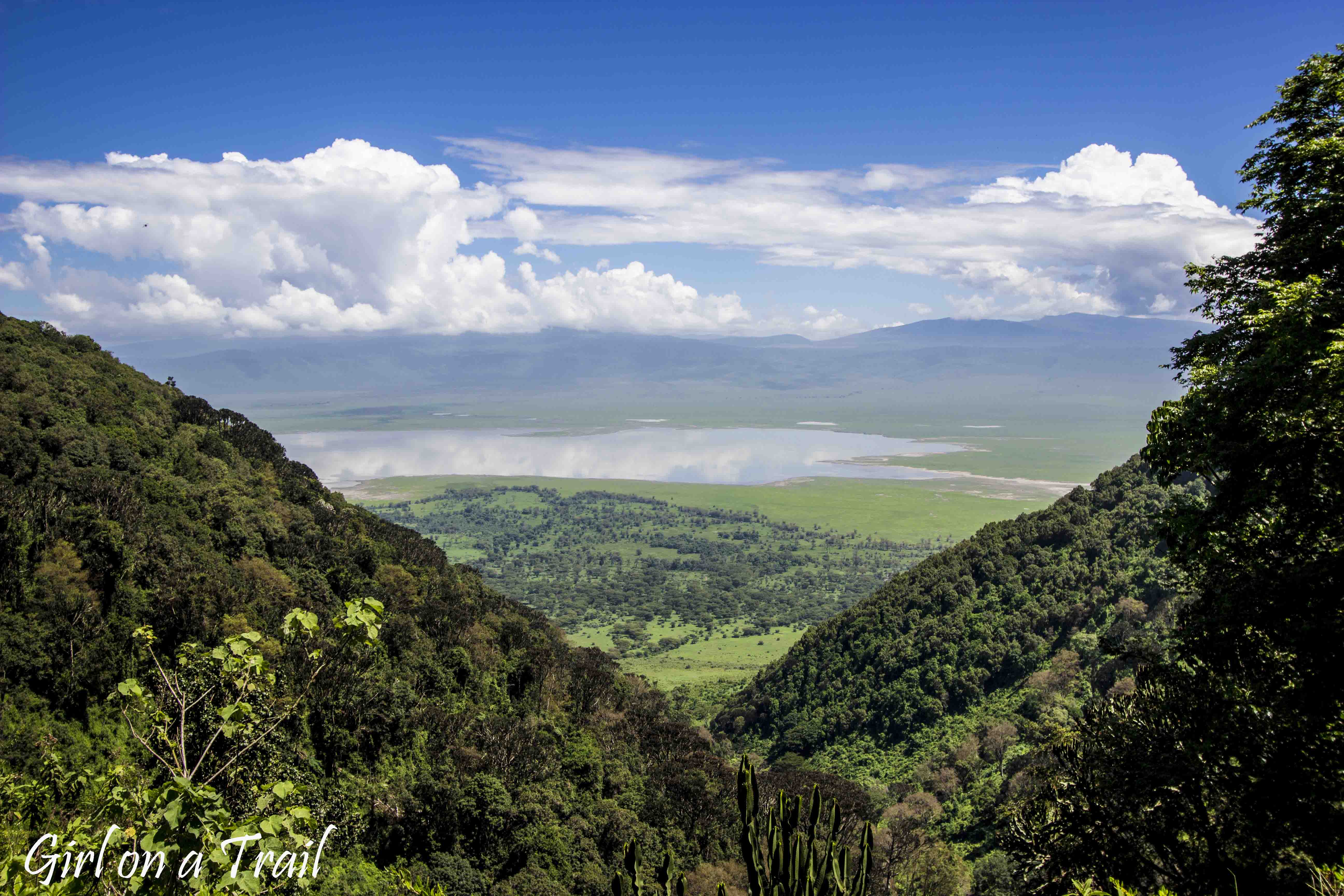
The first stop on the way to Ngorongoro was a viewpoint. The landscape looked amazing. This is a great place to observe the scale of the caldera. However, the green plain looks quite deserted from the distance. The long distance made it impossible to see any game, so it is hard to believe that Ngorongoro is inhabited by 30,000 large mammals.
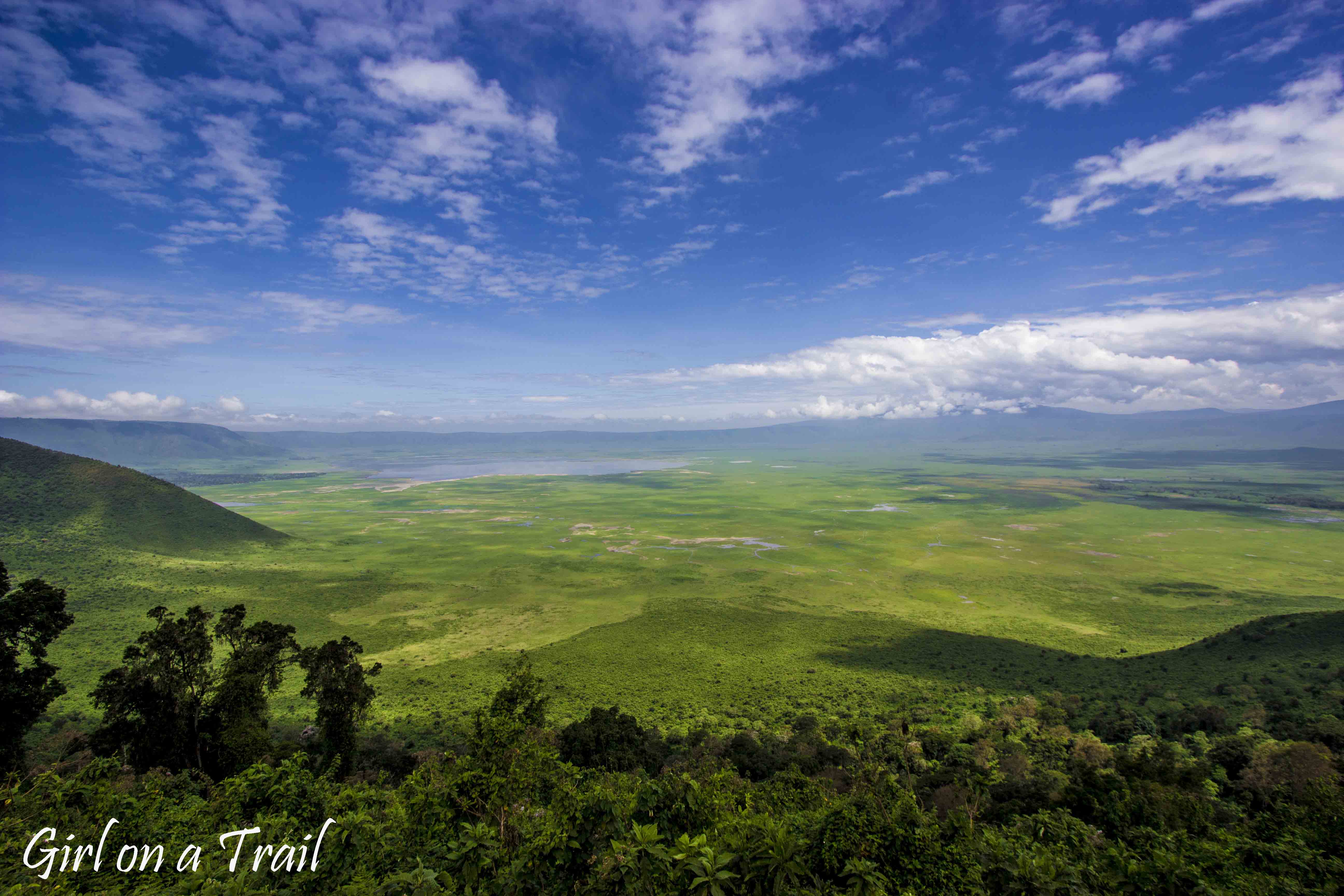
Since it was quite late for sightseeing, we went to a campsite for the night. It was an interesting experience for me. I hadn’t slept in a tent for a long time, not to mention it was my first time in such a place.
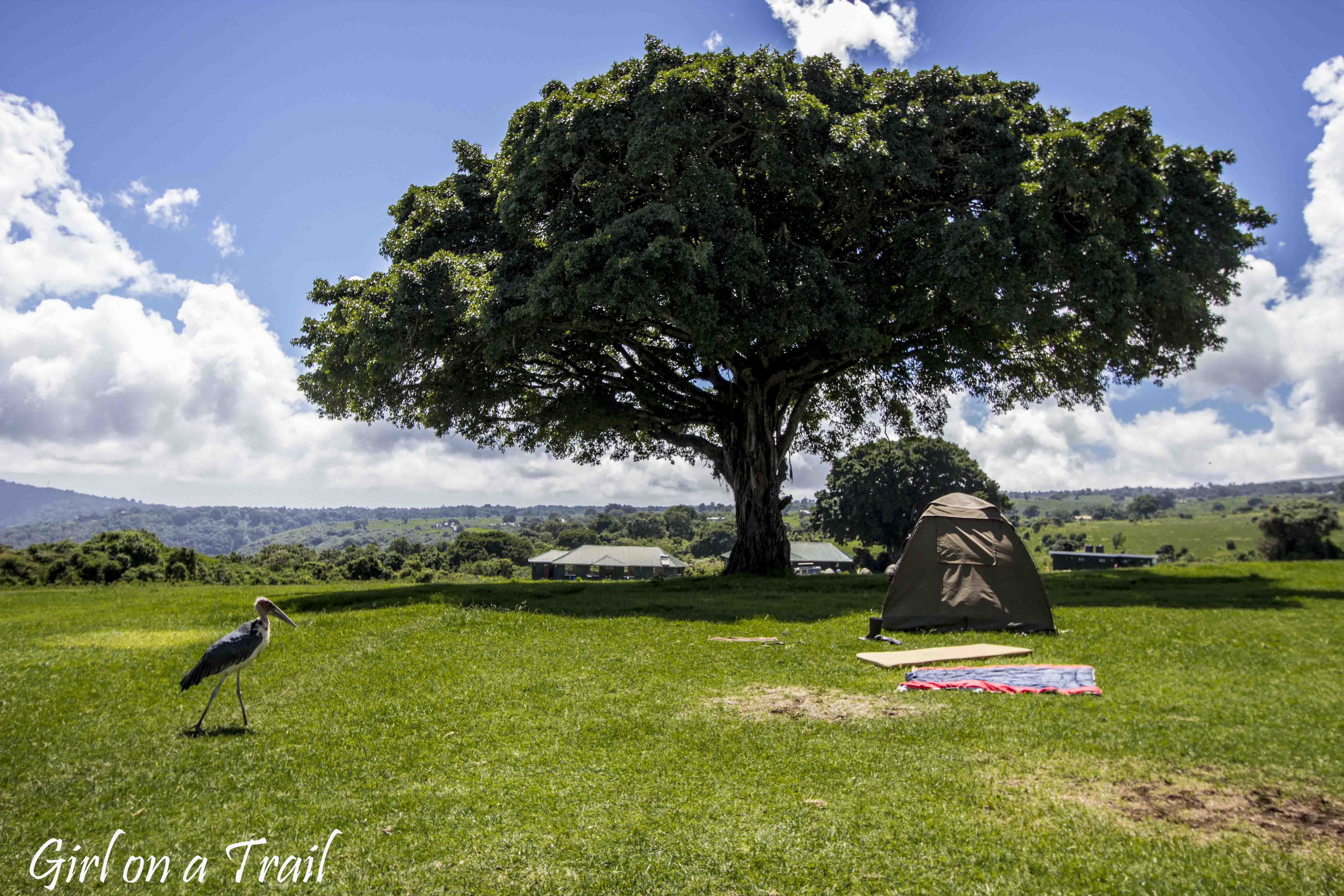
The sky was full of stars and the sounds of animals were amazing. Another surprise was a herd of buffaloes that I met in the middle of the night on my way to the toilet. This view works better than coffee, immediate awakening is guaranteed.
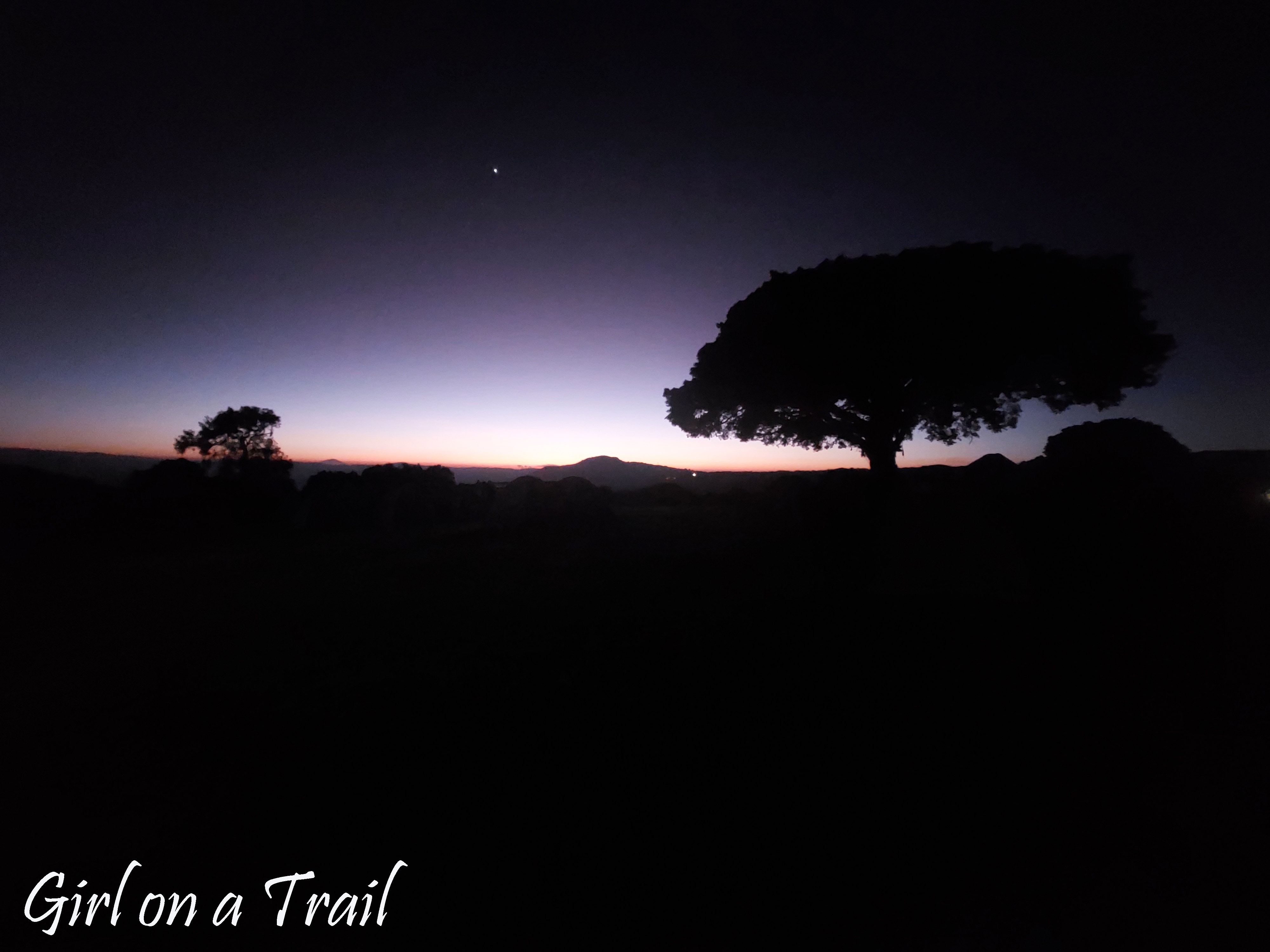
We woke up in the middle of the night, it was 4:30, we ate quick breakfast and packed all the stuff. The plan was to reach the crater for sunrise. It’s very fresh, which is natural at an altitude of over 2,000 meters above sea level. Half-conscious and freezing, I tried to pretend that I was conscious enough to realise what was happening around me. A short drive along the gravel road and we finally made it! The view from the crater wall was epic…
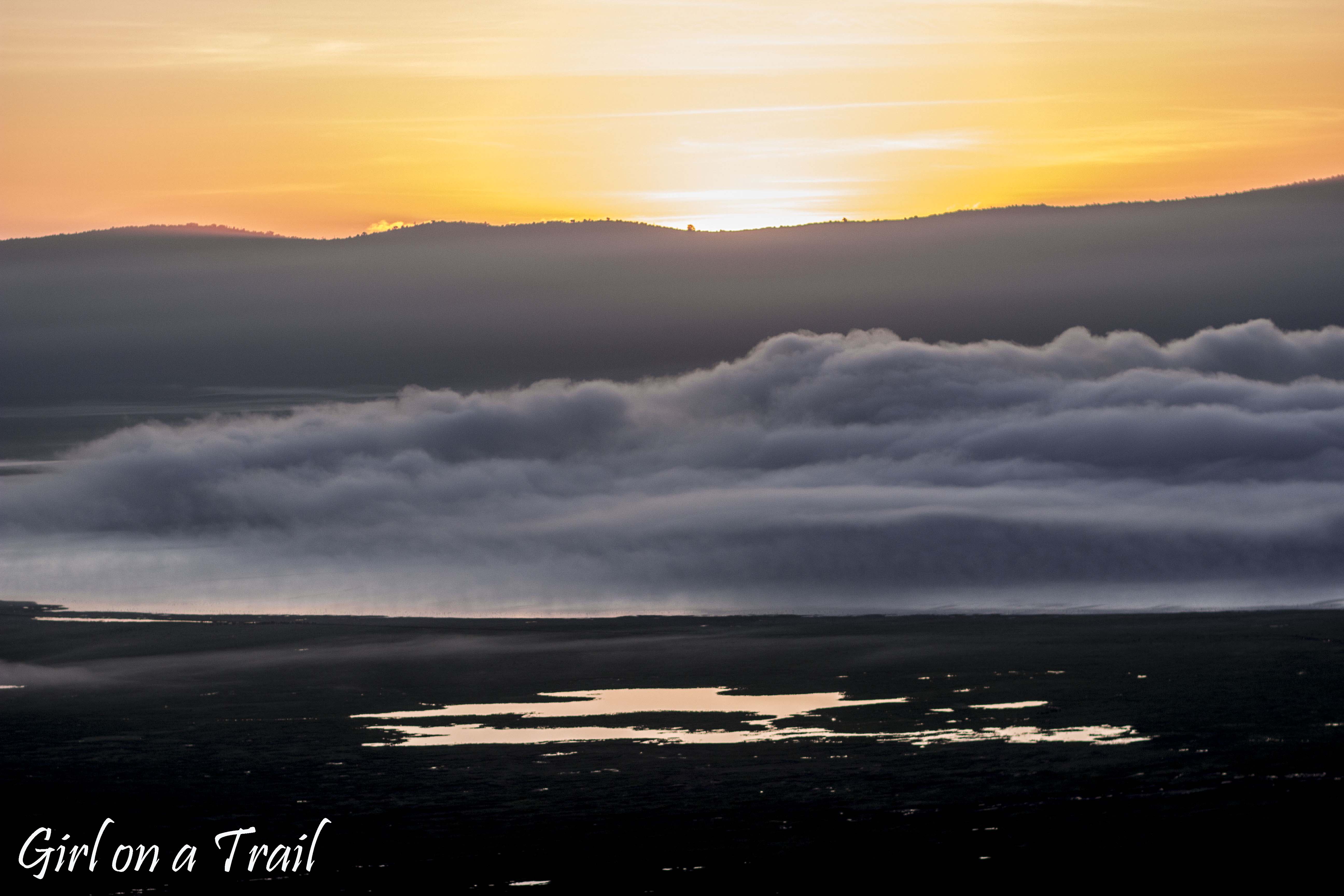
The view of Nagorongoro at dawn was amazing. The fog hanging over the crater created a mysterious atmosphere. The landscape looked very rugged, completely different from the rest of Tanzania. At first there were no animals visible, but as we were going down towards the bottom of the caldera, more and more of them were appearing.
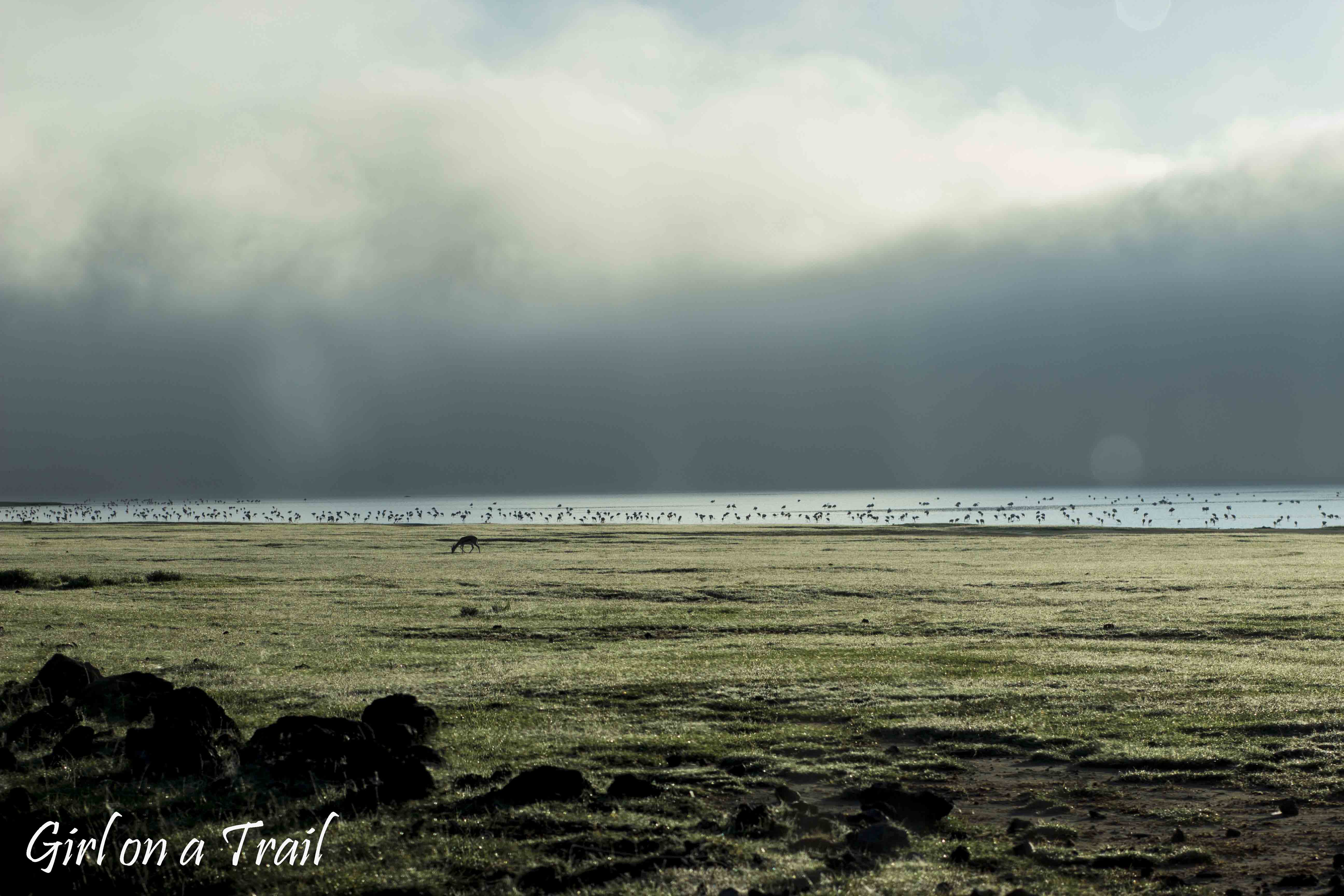
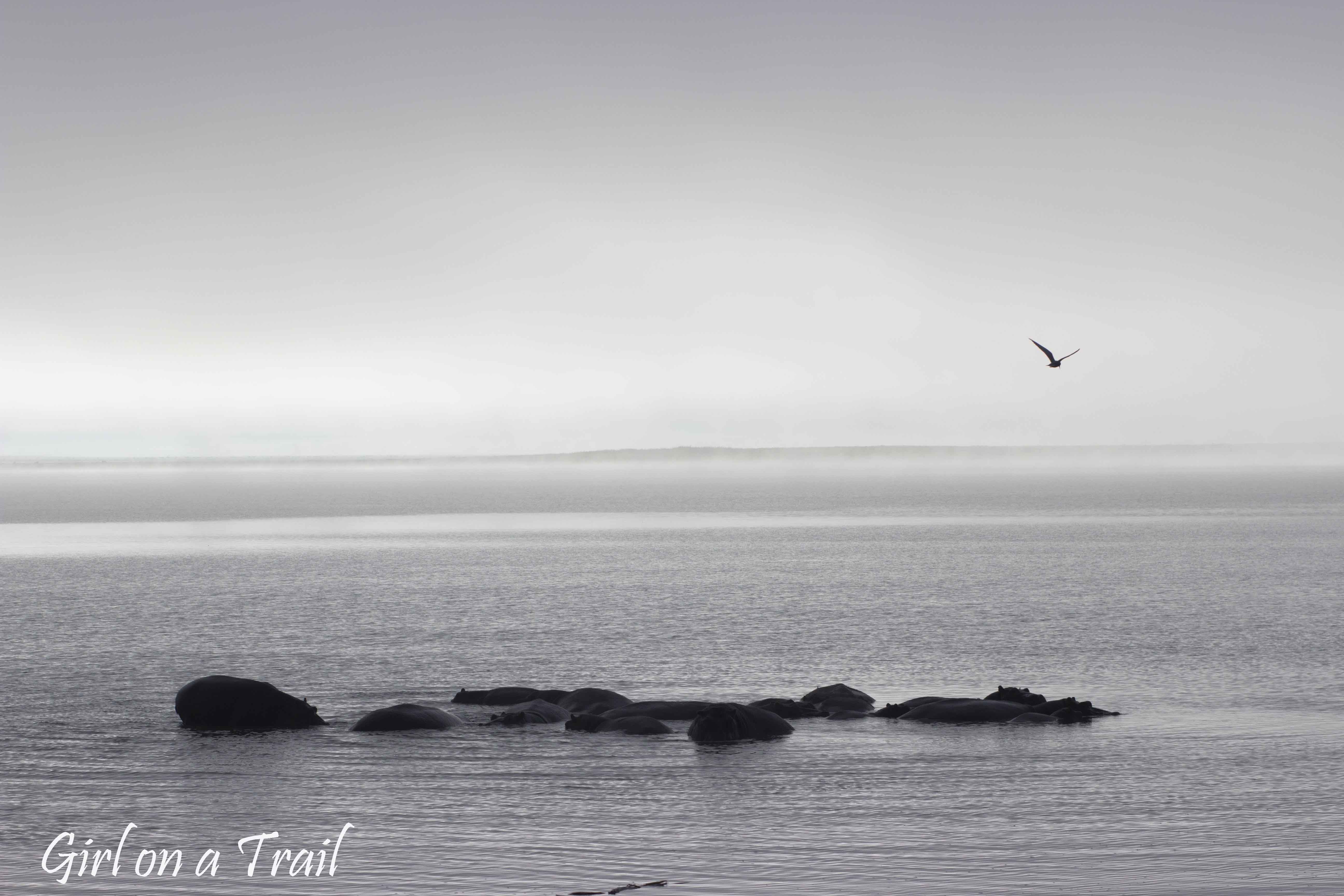
Moreover, due to the relatively small and limited surface of the crater, the density of animals is very high. The steep, high walls of the crater created a kind of barrier for animals. You can feel here as if you were in a huge natural zoo. Various animals can be found here at every step. Until 1921, hunting took place in Ngrorongoro. In order to protect the unique fauna, it was initially included in the Serengeti National Park and then designated as a separate nature reserve. The bottom of the caldera is a unique ecosystem. Thanks to volcanic activity, the soil here is rich in minerals. The bottom of the crater is covered with numerous grasses and resembles a large grassland. This creates excellent living conditions for herbivorous animals. You can see numerous zebras, wildebeests and buffalos here.
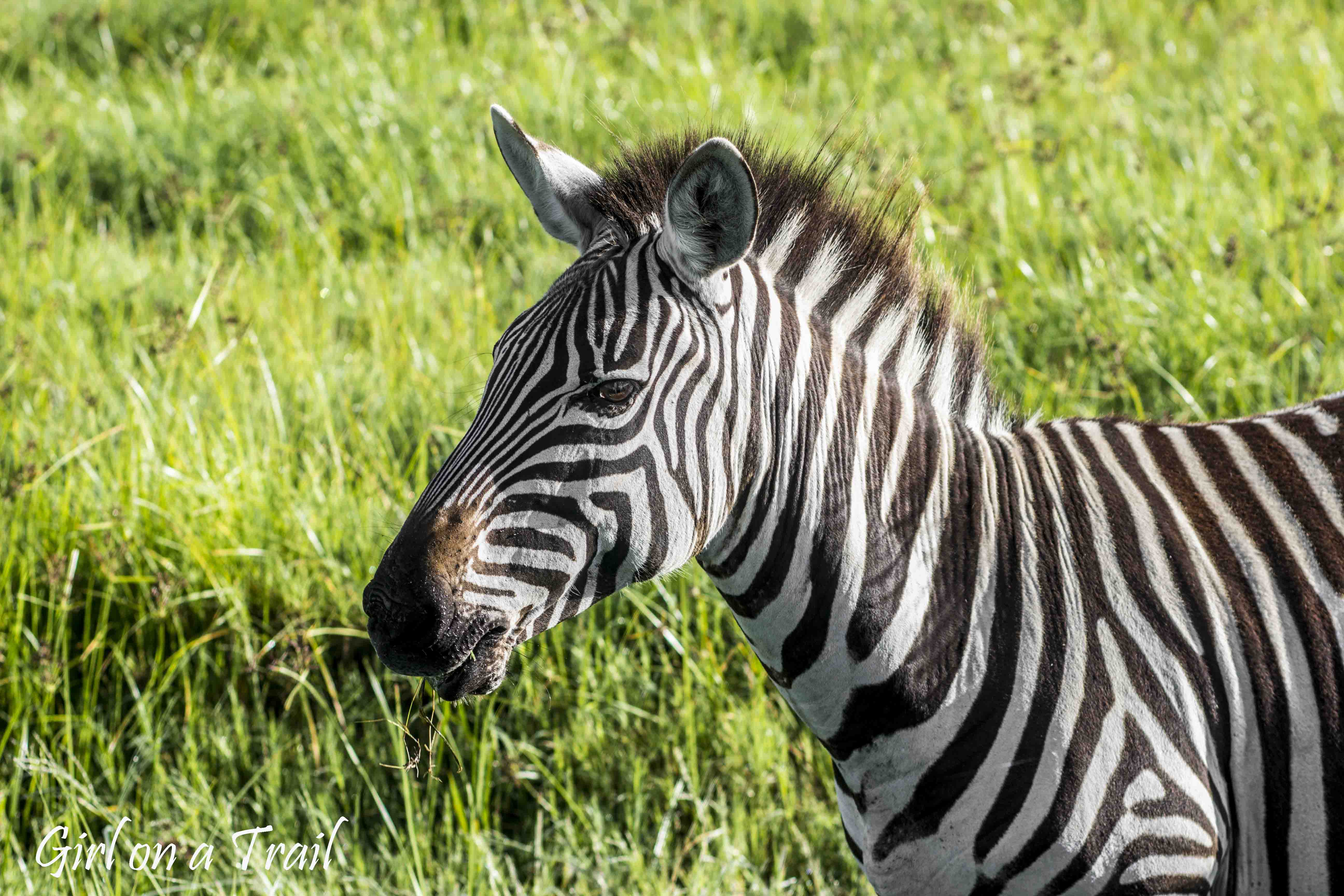
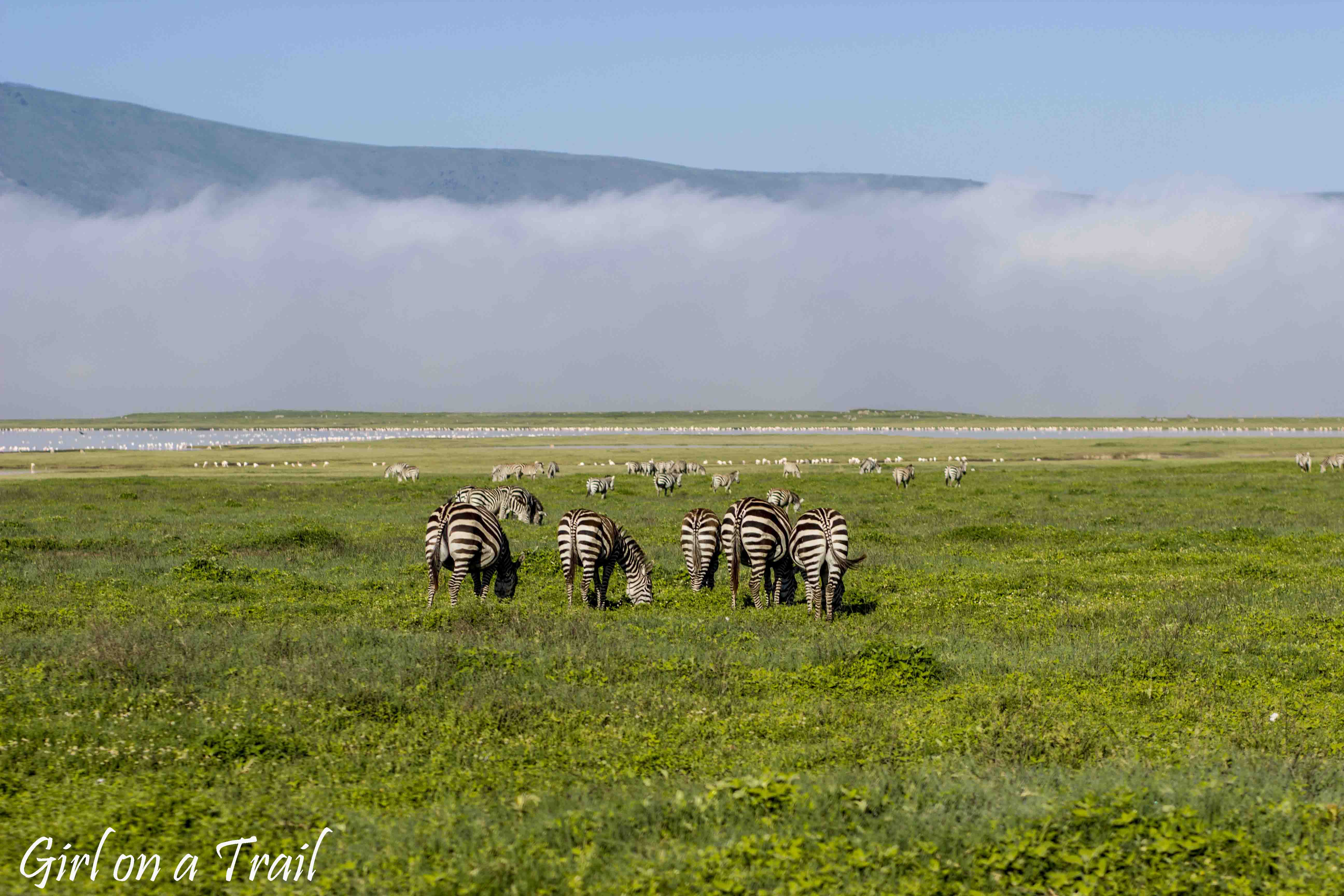
Duża ilość zwierząt kopytnych przyciąga tu liczne drapieżniki. W rezerwacie można zobaczyć liczne hieny.
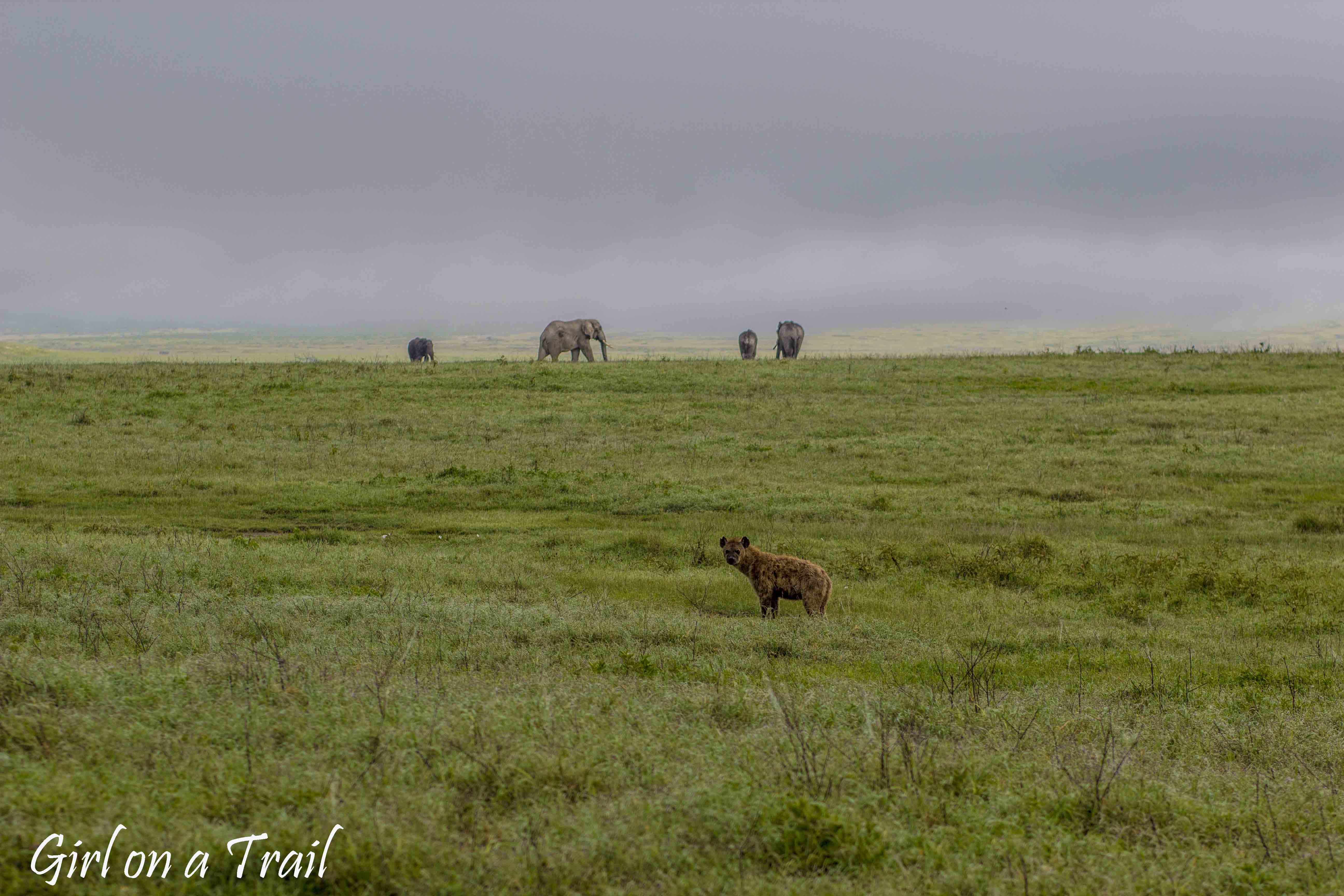
Ngorongoro boasts the highest density of lions in Tanzania. According to statistics, there is one lion for every 3 km2. For comparison, to see the king of animals in Serengeti you need to travel each 5 km2 of the park. The lions found in the Ngorongoro area are smaller than those seen in the rest of Tanzania. This is due to their isolation from and therefore lower genetic diversity. The reason may also be a smaller amount of game to hunt.
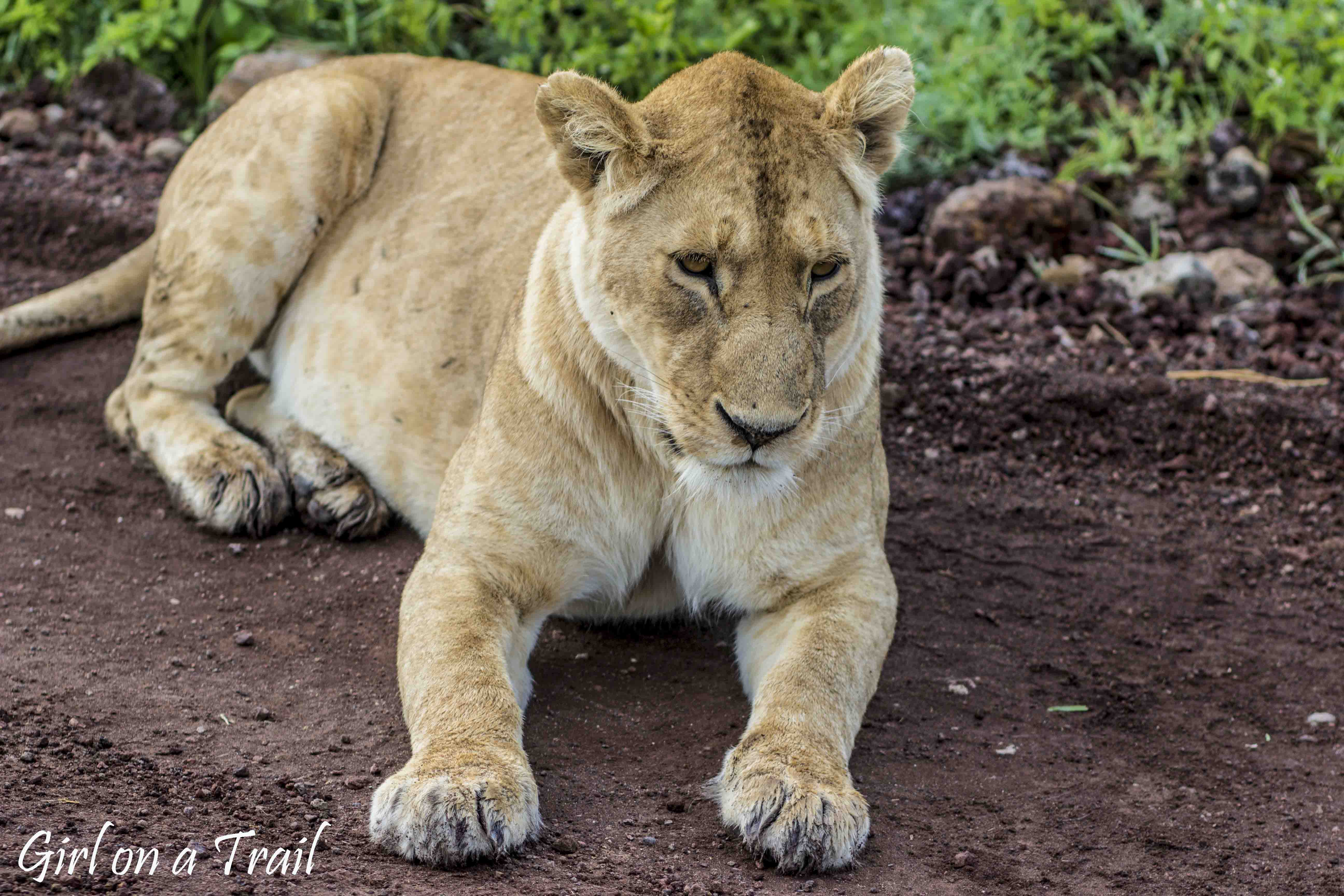
The real gem of Ngorongoro is the black rhinoceros, whose population is currently threatened with extinction. The number of this species decreased significantly due to poaching in the second half of the 20th century. Currently, there are only 5,000 individuals left in the world. Rhinos are not a common sight in Ngorongoro, but if you are lucky you can spot them here. In addition to rhinos, in Nagorongoro you can also see other endangered species, such as African golden cat and African wild dog. Ngorongoro is also inhabited by numerous species of birds. It’s estimated that there are approx. 500 Flamingos feeding on Lake Magadi look particularly photogenic. Magadi means “soda” in Swahili and refers to the high soda content in water. The view of pink flamingos with blue, foggy lake in the background is absolutely amazing.
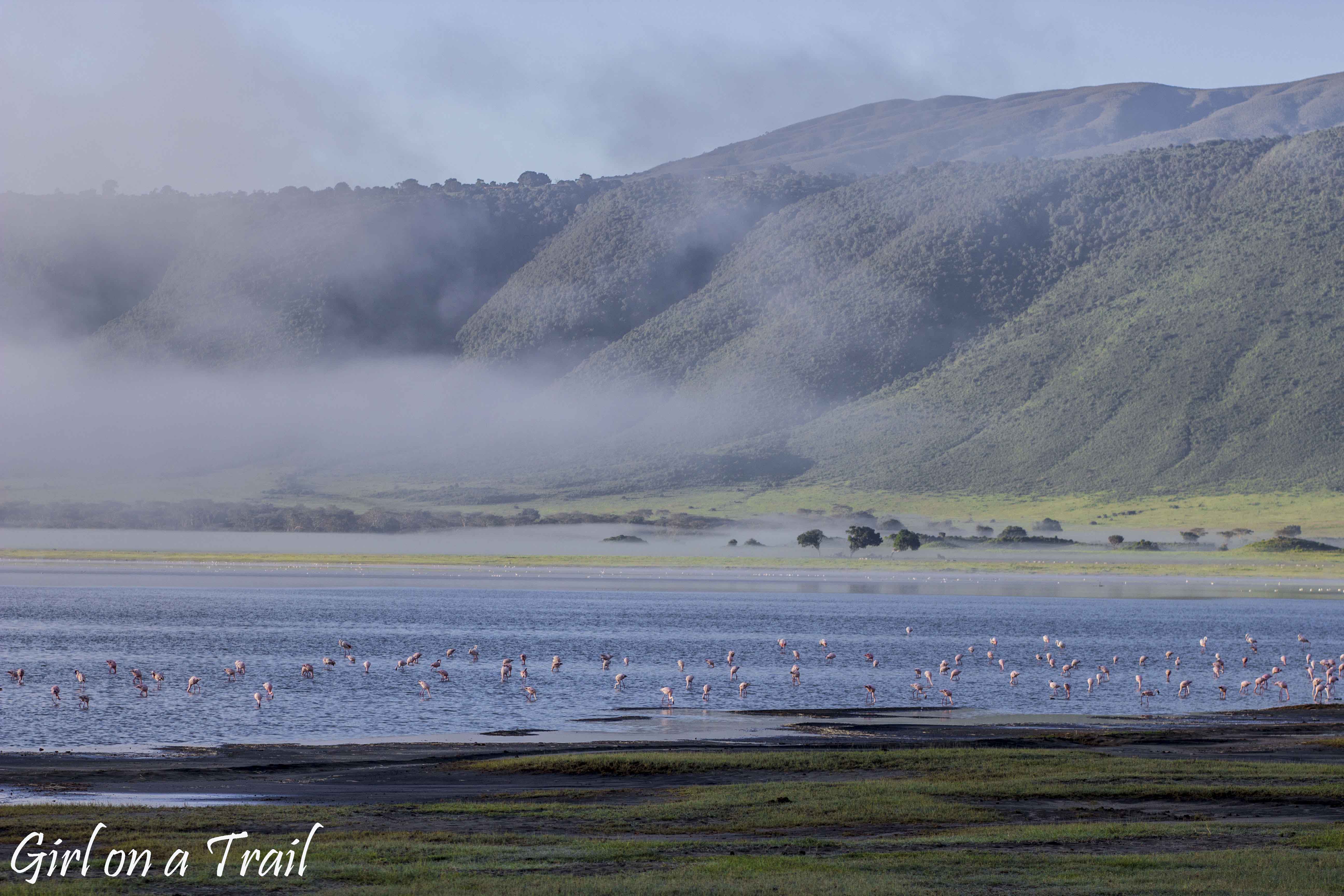
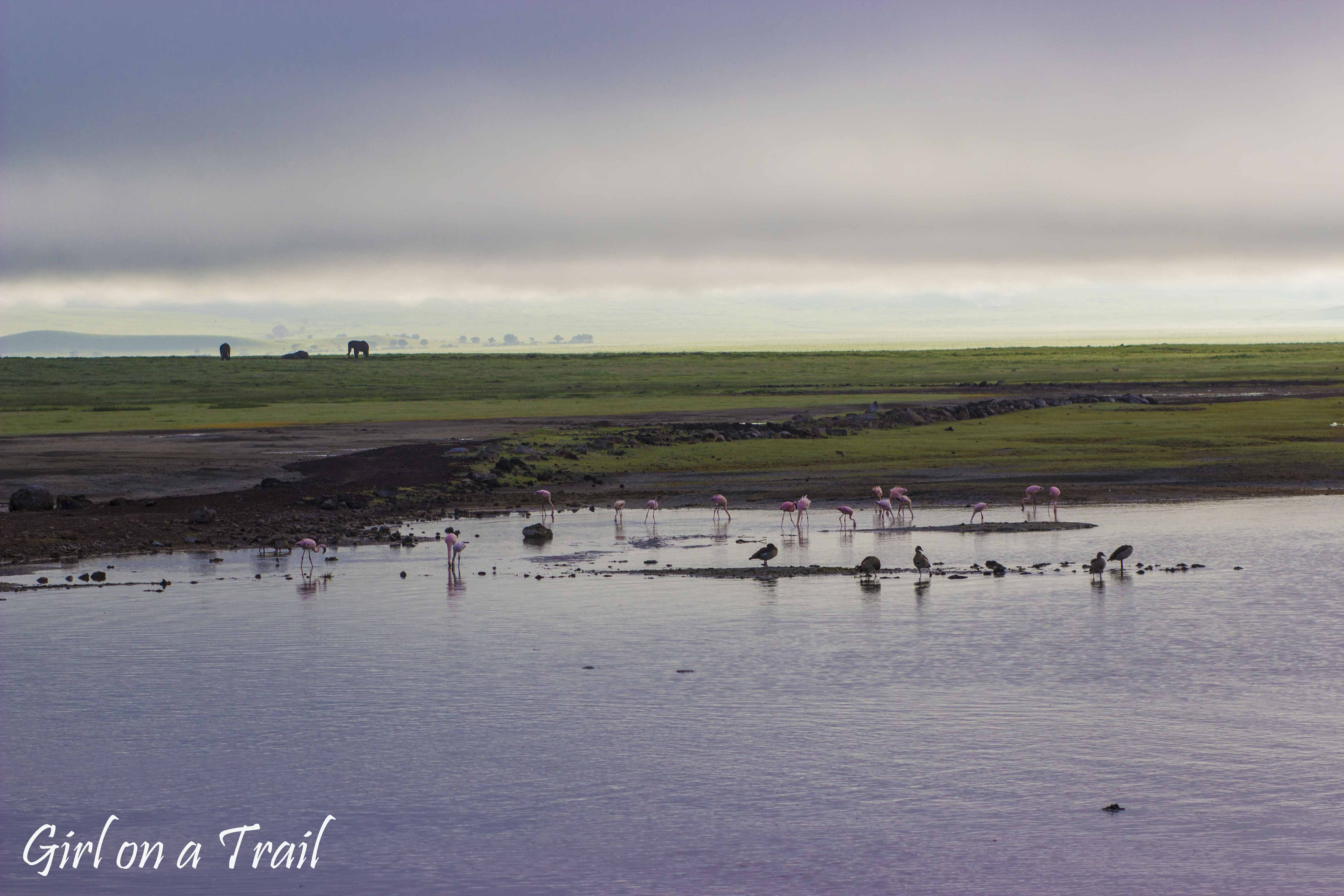
Swamps and lakes are also ideal habitats for hippos. They can be seen mainly around the Mandusi and Gorigor swamps.
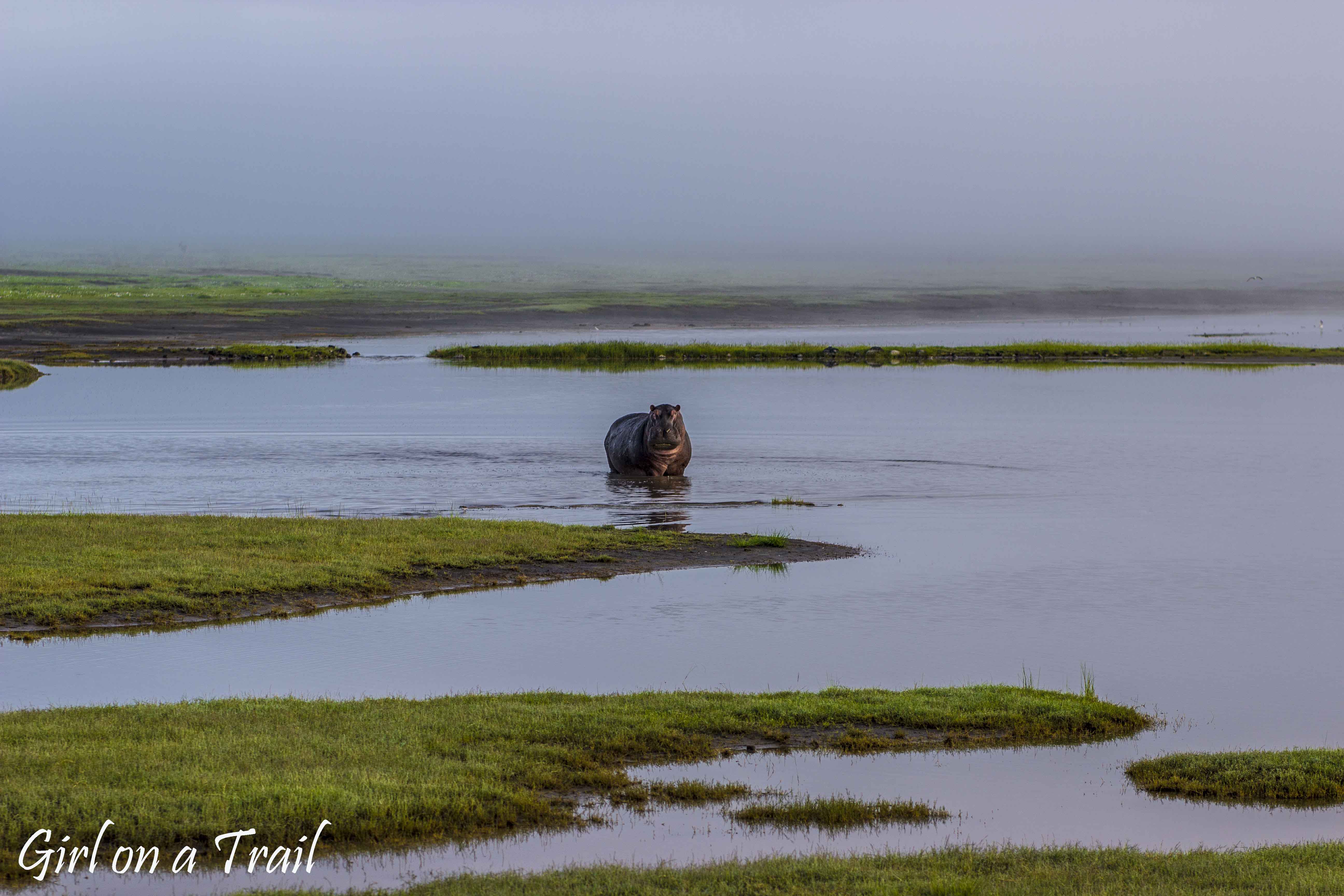
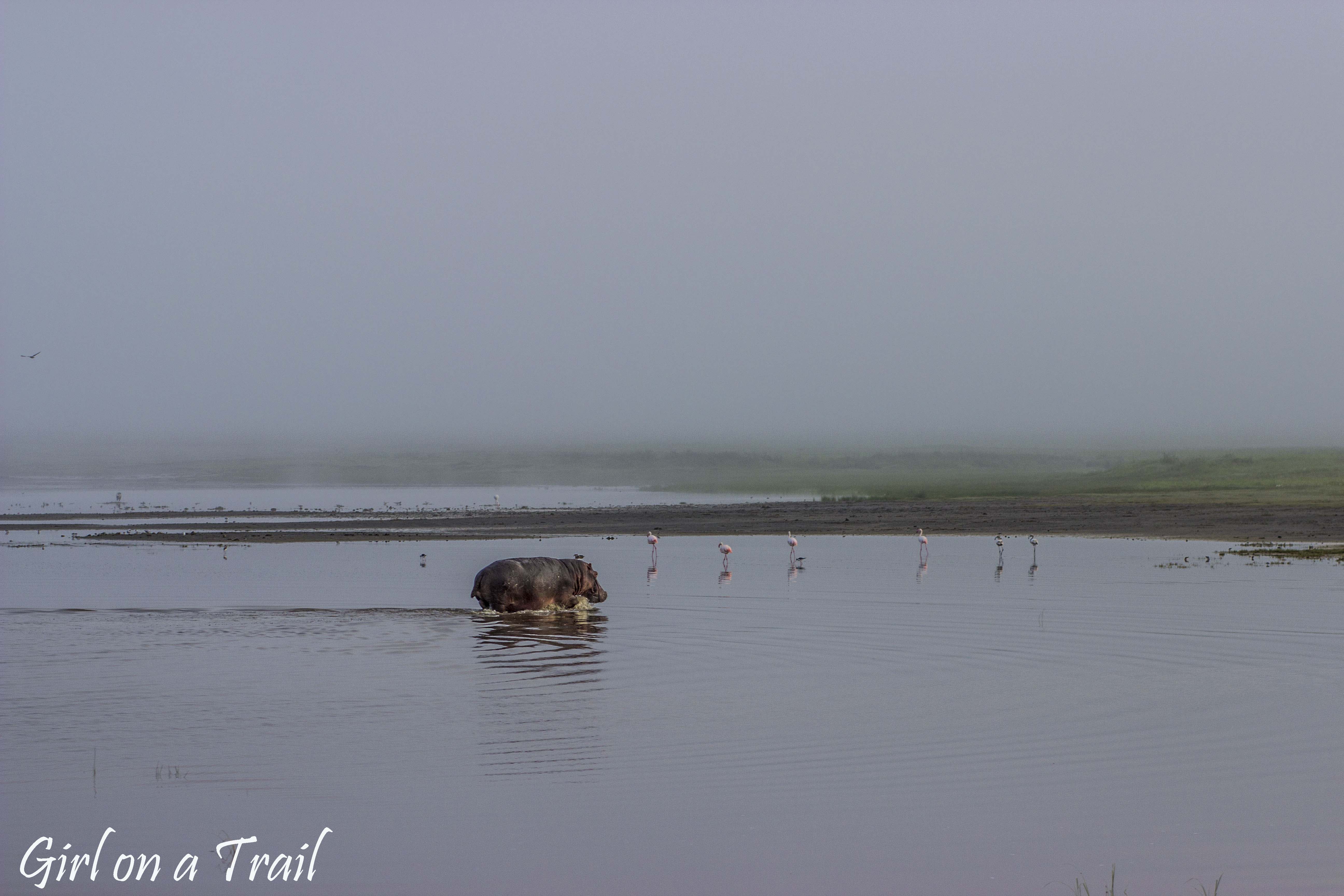
Additionally, you can see numerous monkeys and elephants in the reserve. What’s more interesting, however, is that you won’t find giraffes or impalas (a type of antelope) here. This is probably due to the lack of vegetation which is in the diet of these herbivores. Another possible explanation is that the terrain prevents the giraffes from crossing the steep slopes of the caldera.
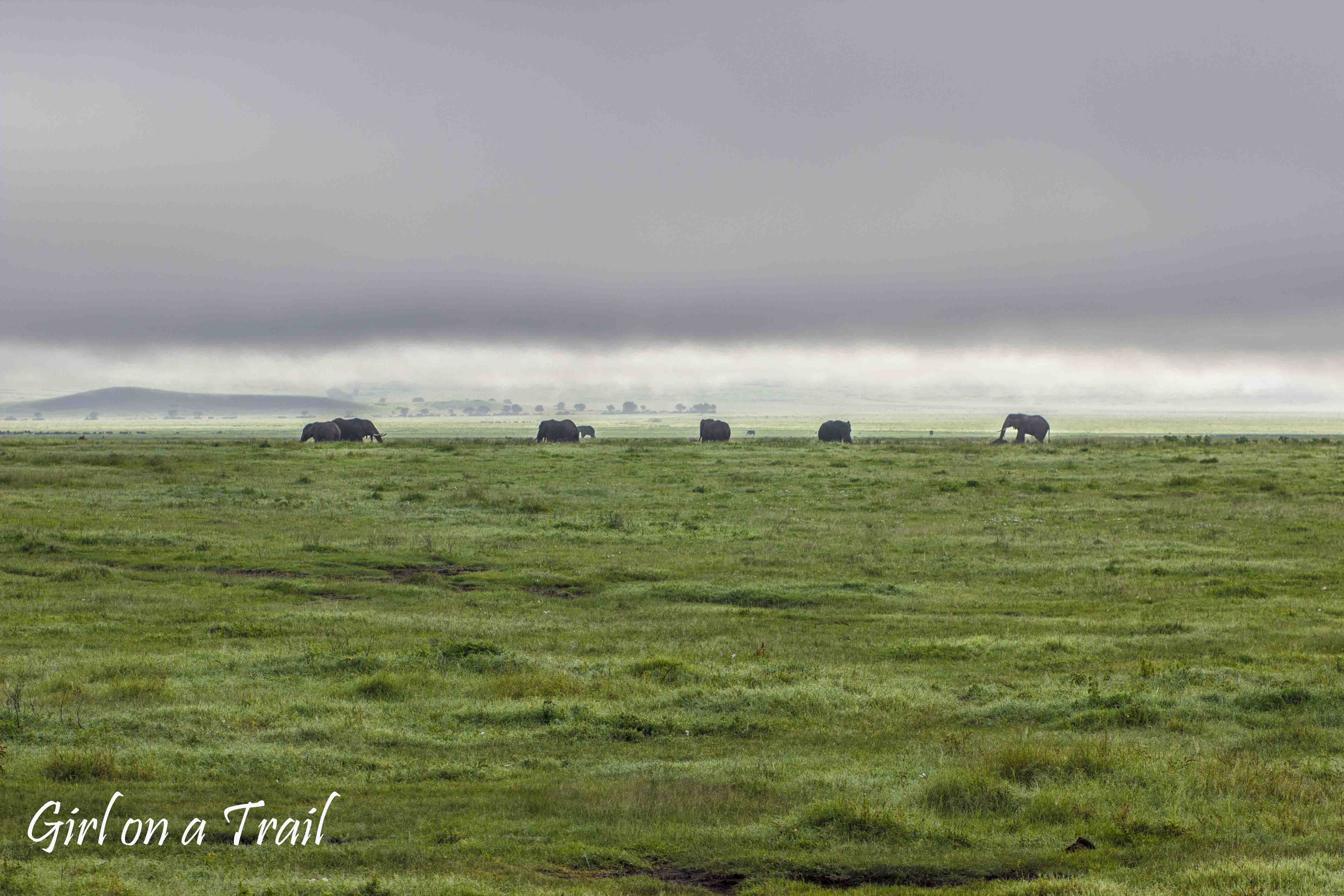
Practical information
Entry to Ngrorongoro is only possible by off-road vehicle, which must have a special permit. The visit permit is for six hours only. Most tours are carried out here by local travel agencies. I used this option. The main reason was the high cost of renting an off-road vehicle, which I could not afford traveling alone. The second argument was the opportunity to see many more animals. Local guides know the topography of the park perfectly and the places where animals can most often be found.
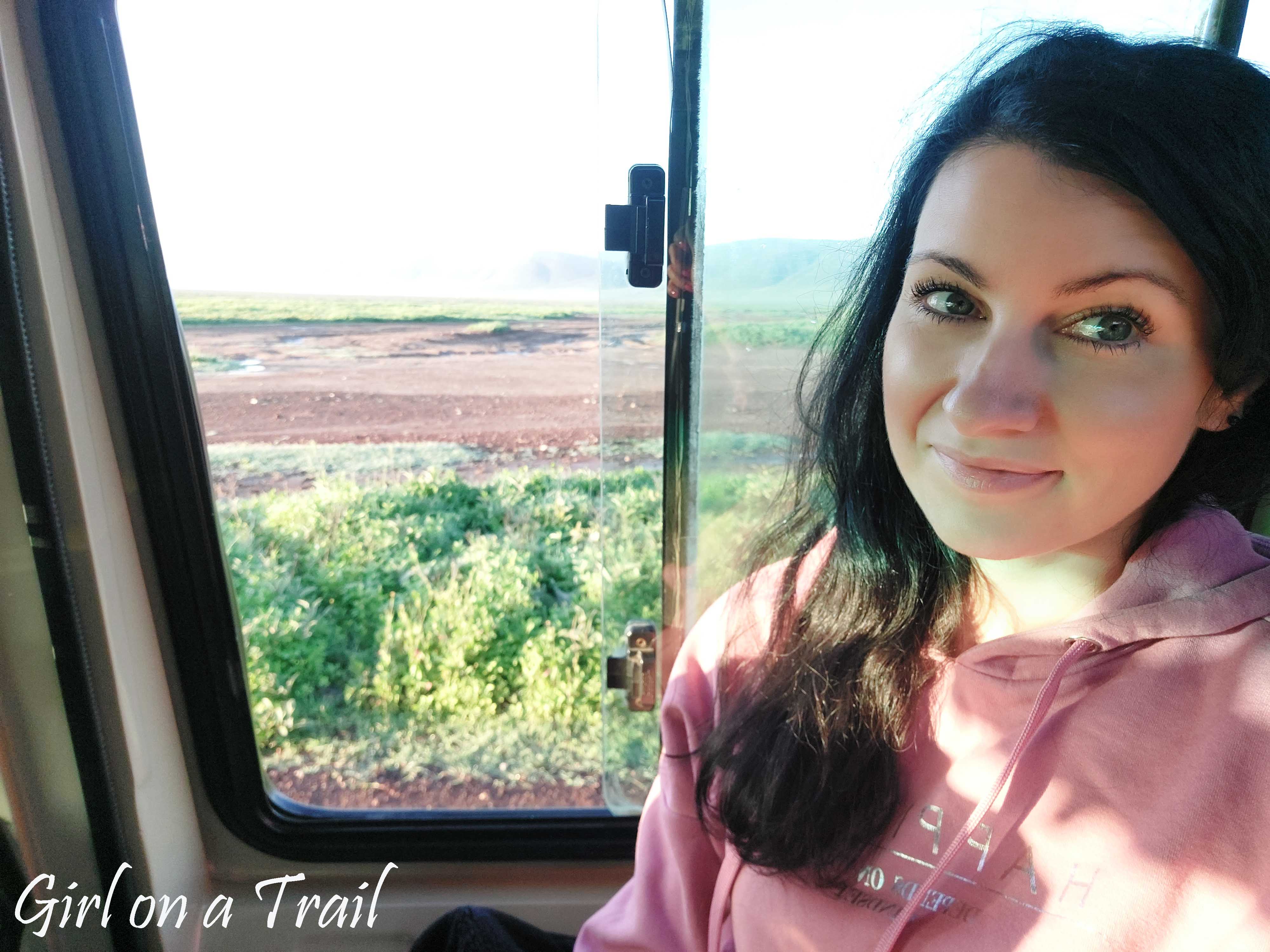
Ngorongoro is a must-see during your stay in Tanzania. I must admit that the reserve made a huge impression on me, much more than the famous Serengeti. I think it was mainly due to the interesting terrain and the morning fog, which gave this place a unique atmosphere.



